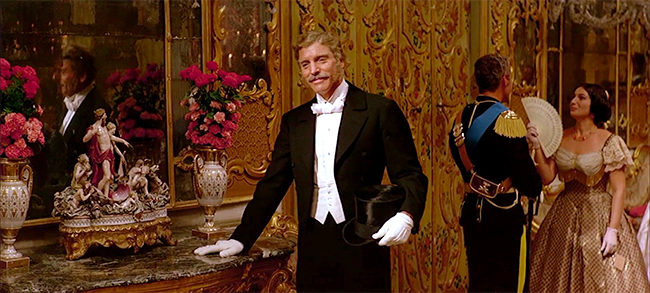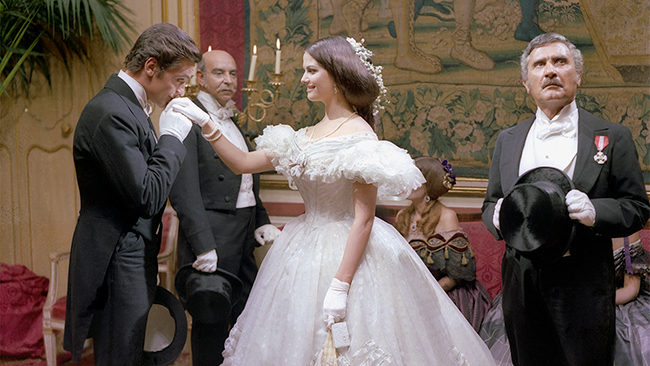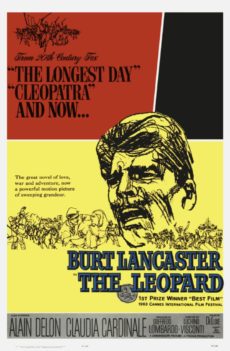And then there were nine. Eighty-seven nations submitted one film each to compete for the 2019 Best Foreign Language Film Oscar and last month the Academy announced its shortlist. Cinephiles can now or very soon see all but one of these extraordinary movies, which tell stories of Europe, the Middle East, North and South America, and Asia, on a Laemmle screen:
| Birds of Passage (Colombia), dirs.: Cristina Gallego/Ciro Guerra |
| The Guilty (Denmark), dir: Gustav Moller |
| Never Look Away (Germany), dir: Florian Henckel von Donnersmarck |
| Shoplifters (Japan), dir: Hirokazu Kore-eda |
| Ayka (Kazakhstan), dir: Sergei Dvortsevoy (this one is still looking for a U.S. distributor) |
| Capernaum (Lebanon), dir: Nadine Labaki |
| Roma (Mexico), dir: Alfonso Cuaron |
| Cold War (Poland), dir: Pawel Pawlikowski |
| Burning (Korea), dir: Lee Chang-dong |
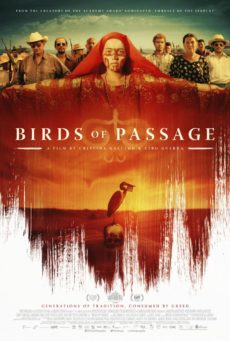 The Academy will announce the final five nominees on January 22. Read Nancy Tartaglione’s Deadline Hollywood post about the shortlist, including a couple surprising omissions, here.
The Academy will announce the final five nominees on January 22. Read Nancy Tartaglione’s Deadline Hollywood post about the shortlist, including a couple surprising omissions, here.
Are there any 2018 films you think should have made the cut? Or do you think AMPAS did well?

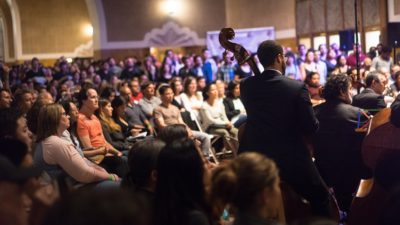

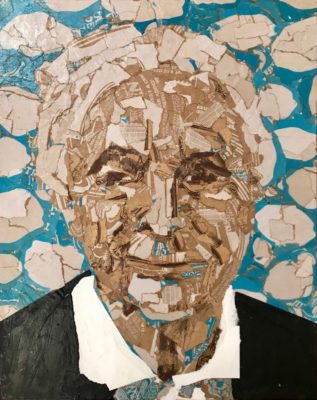 . Before the end of February, visit our innovative
. Before the end of February, visit our innovative 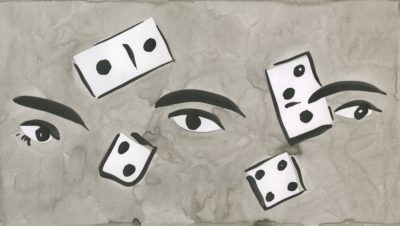 . At Laemmle venues around town, we provide movie goers with the opportunity to bond with notable and emerging visual artists. We focus on local talent and the robust Los Angeles arts scene, applying high curatorial standards to long-lasting exhibits that allow for repeat visits and extended reflection. Contribute to the conversation and become a Laemmle patron of the arts. Going to the Royal any time soon? Say hello to a festival of color from the duo of
. At Laemmle venues around town, we provide movie goers with the opportunity to bond with notable and emerging visual artists. We focus on local talent and the robust Los Angeles arts scene, applying high curatorial standards to long-lasting exhibits that allow for repeat visits and extended reflection. Contribute to the conversation and become a Laemmle patron of the arts. Going to the Royal any time soon? Say hello to a festival of color from the duo of 
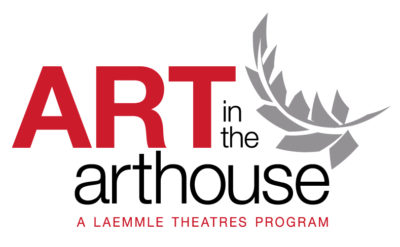
 With the holidays right around the corner, why not consider giving a meaningful gift of art or simply stop by to view our galleries. No tickets required. ART IN THE ARTHOUSE connects film audiences with the visual arts all year long and our artwork is for sale. We proudly deliver a unique, alternative art-viewing experience at seven of our nine venues. You might be inspired to buy a memorable work of art for someone special.
With the holidays right around the corner, why not consider giving a meaningful gift of art or simply stop by to view our galleries. No tickets required. ART IN THE ARTHOUSE connects film audiences with the visual arts all year long and our artwork is for sale. We proudly deliver a unique, alternative art-viewing experience at seven of our nine venues. You might be inspired to buy a memorable work of art for someone special.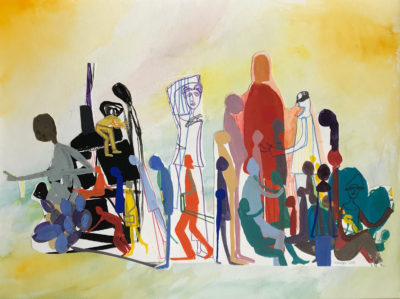 At Laemmle venues around town, we provide movie goers with the opportunity to bond with notable and emerging visual artists. We focus on local talent and the robust Los Angeles arts scene, applying high curatorial standards to long-lasting exhibits that allow for repeat visits and extended reflection. Contribute to the conversation and become a Laemmle patron of the arts.
At Laemmle venues around town, we provide movie goers with the opportunity to bond with notable and emerging visual artists. We focus on local talent and the robust Los Angeles arts scene, applying high curatorial standards to long-lasting exhibits that allow for repeat visits and extended reflection. Contribute to the conversation and become a Laemmle patron of the arts. Going to Encino Town Center any time soon? Take a look at
Going to Encino Town Center any time soon? Take a look at 
 Successful collaboration in the world of painting is a rare phenomenon. The duo of HILL and STUMP, known for their breathtaking floral compositions, have nourished a unique and productive partnership. In a kind of creative symbiosis, they appear to “finish each other’s sentences,” layering each piece and editing each other to create something entirely new. Stump comments, “Our process is almost egoless because we can’t, as individual artists, get attached to anything we do. Hill confirms, “We never call a piece finished unless we’re both happy with it.”
Successful collaboration in the world of painting is a rare phenomenon. The duo of HILL and STUMP, known for their breathtaking floral compositions, have nourished a unique and productive partnership. In a kind of creative symbiosis, they appear to “finish each other’s sentences,” layering each piece and editing each other to create something entirely new. Stump comments, “Our process is almost egoless because we can’t, as individual artists, get attached to anything we do. Hill confirms, “We never call a piece finished unless we’re both happy with it.”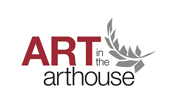
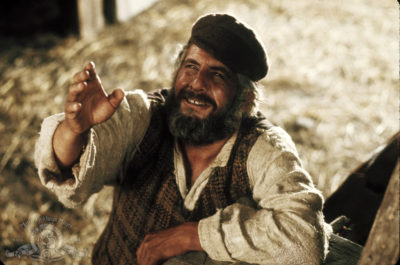 For 2018, this ever-popular event will be occurring at eight of our neighborhood venues including our brand new theater in Glendale and the magnificent single screen, art deco AHRYA FINE ARTS in Beverly Hills (
For 2018, this ever-popular event will be occurring at eight of our neighborhood venues including our brand new theater in Glendale and the magnificent single screen, art deco AHRYA FINE ARTS in Beverly Hills (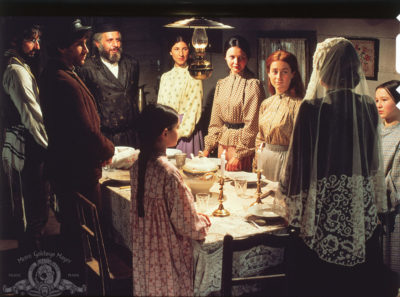 As Greg Laemmle is fond of saying “Christmas Eve isn’t just Chinese food!” He elaborates, “This is your once-a-year chance to be the star of the shtetl. Join with friends and neighbors and sing your heart out alongside Fiddler’s screen legends. And it’s okay if you haven’t memorized all the songs. We provide the lyrics.”
As Greg Laemmle is fond of saying “Christmas Eve isn’t just Chinese food!” He elaborates, “This is your once-a-year chance to be the star of the shtetl. Join with friends and neighbors and sing your heart out alongside Fiddler’s screen legends. And it’s okay if you haven’t memorized all the songs. We provide the lyrics.”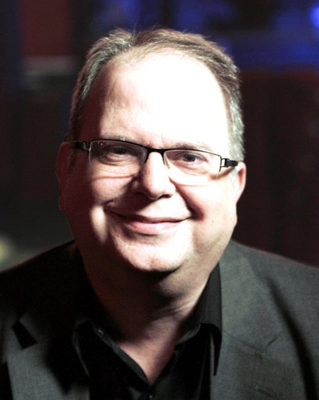 Michael Schlesinger at the Music Hall (Beverly Hills)
Michael Schlesinger at the Music Hall (Beverly Hills)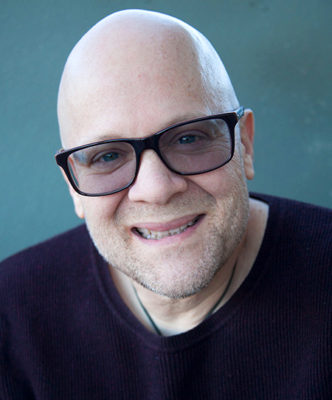 ROBBO at the Ahrya Fine Arts (Beverly Hills)
ROBBO at the Ahrya Fine Arts (Beverly Hills)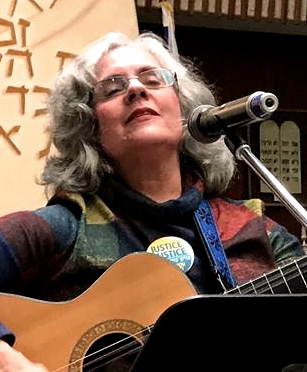 Cantor AVIVA ROSENBLOOM at the Playhouse 7 (Pasadena)
Cantor AVIVA ROSENBLOOM at the Playhouse 7 (Pasadena)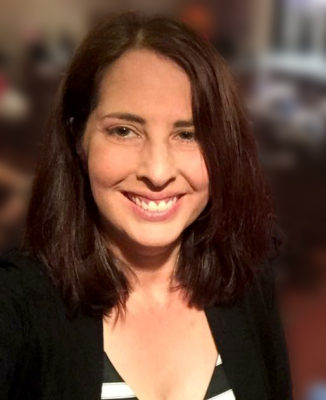 ELISSA GLICKMAN at the Laemmle Glendale
ELISSA GLICKMAN at the Laemmle Glendale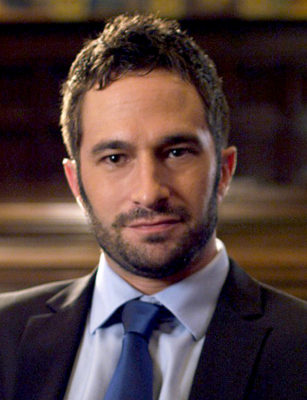 AARON WOLF at the Royal (West L.A.)
AARON WOLF at the Royal (West L.A.)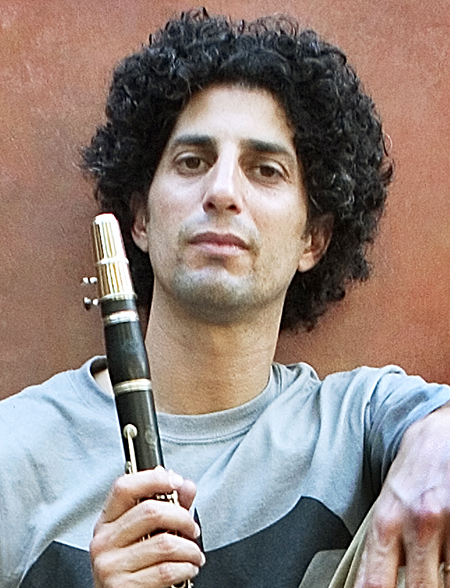 GUSTAVO BULGACH at the NoHo 7 (N. Hollwyood)
GUSTAVO BULGACH at the NoHo 7 (N. Hollwyood)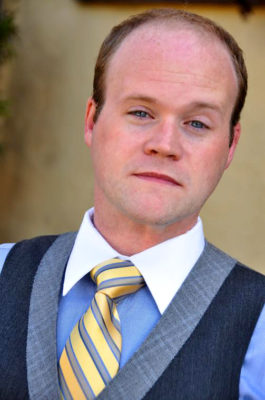 ISAAC WADE at the Monica Film Center (Santa Monica)
ISAAC WADE at the Monica Film Center (Santa Monica)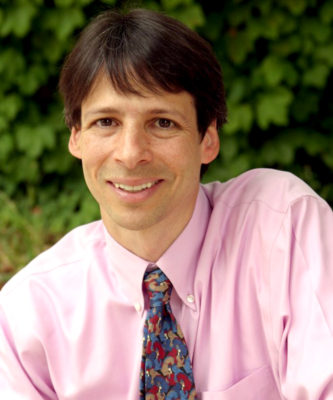 Dr. ARTHUR BENJAMIN at the Claremont 5 (Claremont)
Dr. ARTHUR BENJAMIN at the Claremont 5 (Claremont)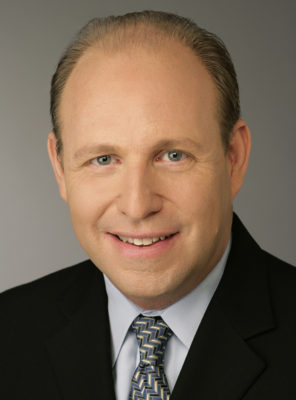 STEVE SASS at the Town Center 5 (Encino, 4:30pm Show)
STEVE SASS at the Town Center 5 (Encino, 4:30pm Show)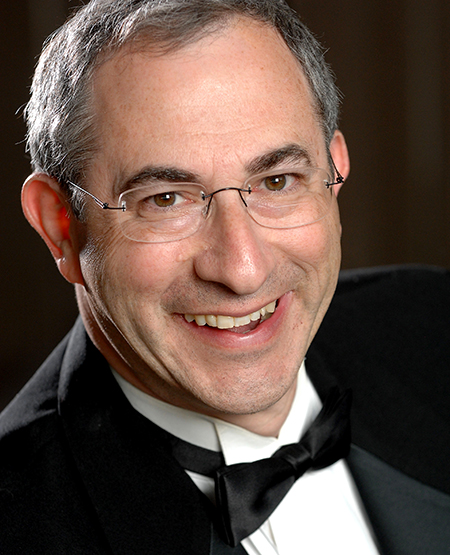 KENNY ELLIS at theTown Center 5 (Encino, 7:30pm Show)
KENNY ELLIS at theTown Center 5 (Encino, 7:30pm Show)